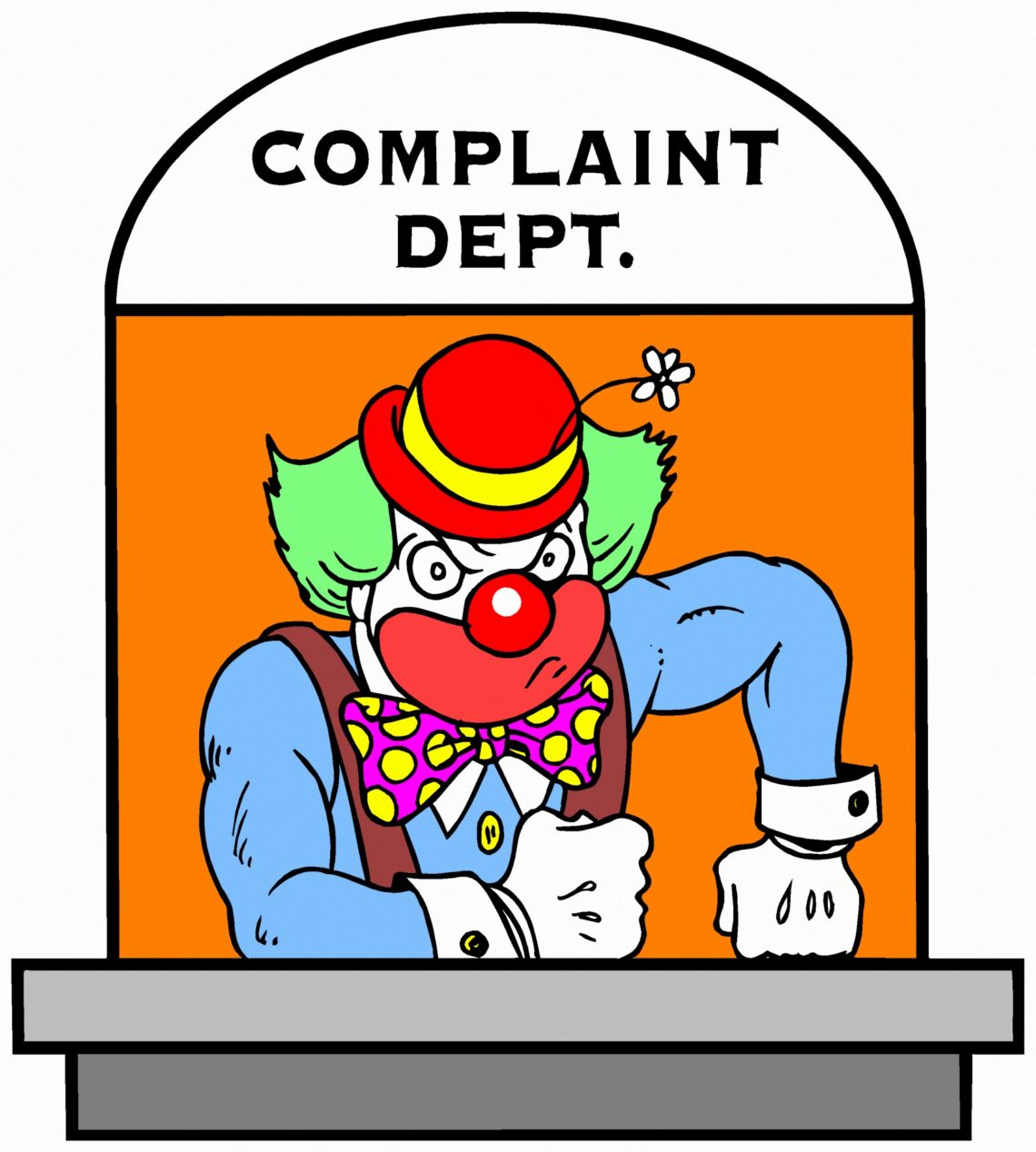What is Fraud?
Fraud is broadly defined as an intentional misrepresentation or concealment of material fact made with intention and calculation to deceive, causing the other party to be deceived and, as a result, harmed.
Elements
In North Carolina, a civil claim of fraud has five essential elements.
- A false representation or concealment of material fact;
- Reasonably calculated to deceive;
- Made with the intent to deceive;
- Which does in fact deceive; and
- Resulting in damages to the party deceived.
Rule 9
North Carolina is generally a notice pleading jurisdiction – if a Defendant is “on notice” of the facts in a complaint, and the causes of action alleged, courts will generally find the complaint sufficient. Rule 8 of the North Carolina Rules of Civil Procedure requires: (1) a short plain statement of the claim that is sufficiently particular to give the court and the other parties to the dispute notice of the series of transactions or occurrences intended to be proved; and (2) a demand for judgment for the relief sought. This liberal approach sets a low bar for sufficiency of a complaint. Conversely, Rule 9 of the North Carolina Rules of Civil Procedure applies a heightened standard to certain special matters, including fraud. To satisfy the heightened standard, a Plaintiff alleging a claim of fraud must state with particularity all averments – or allegations – and circumstances of fraud. Malice, intent, knowledge, and other condition of the mind may be alleged generally. As a result, a Plaintiff seeking to prove a claim of fraud must allege in its complaint particular facts related to: the false representation or concealment of material fact, the occurrence of deceit-in-fact, and the resulting damages.
Colton v. Bank of America Corp. – Seeing Rule 9 in Action
Colton v. Bank of America Corp., a recent North Carolina Court of Appeals case addressed the Rule 9 pleading standard for a claim of fraud. The Plaintiff purchased a home financed by Bank of America. When he failed to make timely mortgage payments, he requested refinance options with Bank of America. The bank represented it would grant his refinance application, but ultimately denied it and initiated foreclosure proceedings. The Plaintiff brought suit, alleging Bank of America committed fraud by inducing him to forego filing for bankruptcy, and instead participate in a modification process to refinance his mortgage.
The Court of Appeals dismissed the case, holding the Plaintiff failed to allege with particularity the final element of fraud: damages. The complaint stated generally, “Plaintiff was damaged by Defendants’ misrepresentations . . . .” The Plaintiff failed to allege how he was damaged by the bank’s purported fraudulent actions. For example, he failed to allege he would have avoided foreclosure had he filed for bankruptcy. If the bank foreclosed on the Plaintiff’s mortgage even after he filed for bankruptcy, the court could not conclude that the foreclosure resulted from the Defendant’s allegedly fraudulent representations. Because the Complaint failed to allege the final element with sufficient particularity to satisfy Rule 9, the Plaintiff’s entire claim failed.
Colton serves as a reminder to litigants of the heightened pleading standard as applied to a claim of fraud. For Plaintiffs, failure to allege particular facts related to even a single element of fraud could prove fatal. For Defendants, Rule 9 presents a powerful tool to challenge the sufficiency of a claim of fraud, just as it did for Bank of America in Colton.
If you have questions regarding a civil litigation dispute, please call us at (704) 457-1010 to schedule a consultation. For more information regarding our firm, attorneys, and practice areas, please visit https://lindleylawoffice.com/.





